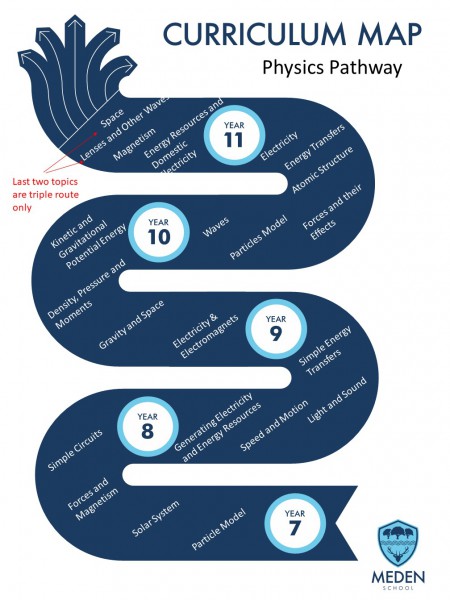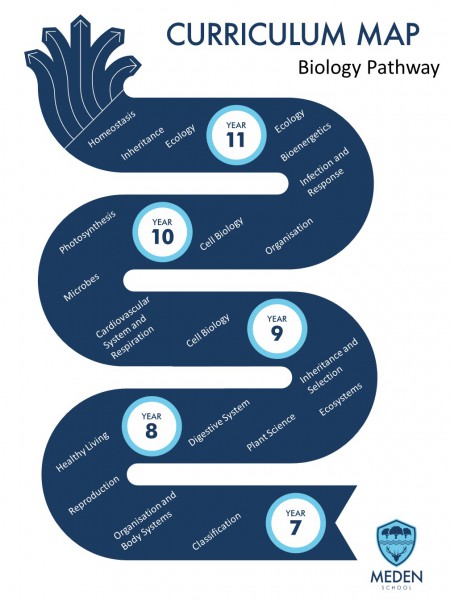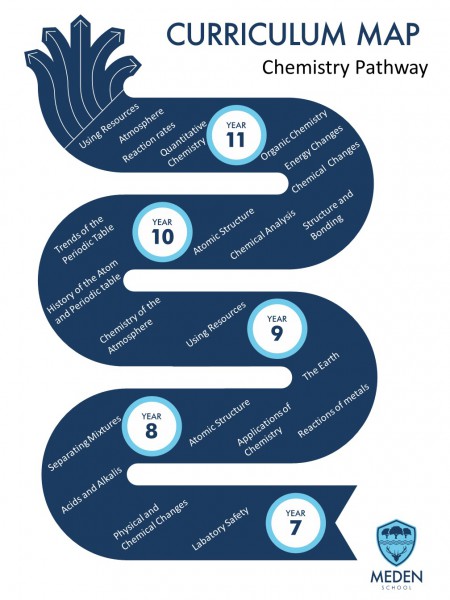KS3
Science is taught with the underlying principle that the international scientific community is required to provide the answers to many of societies problems eg the global energy, food and medical crisis.
The Key Stage 3 science curriculum has been written to provide the essential content and skills needed to succeed at GCSE, as well as developing skills that are essential in all aspects of life, such as logical thinking and problem solving. Where-ever possible content is taught within a framework of real-life applications, incorporating science in the news, scientific developments and links to possible careers.
Students follow an in-house scheme of work across years 7-9, it is both ambitious and aspirational, covering all the content required by the National Curriculum and beyond. We encourage an investigation led, skills-based approach to learning and seek to secure ambitious rates of progress for students.
Below is information about our KS3 curriculum. Each drop down box contains the topics we cover. For more detail on the knowledge we teach, please click on each medium term plan. Our curriculum map shows the learning journey that our students embark upon.
In Year 7, scientists study the following topics:
- Lab safety
- Classification
- Particles
- Solar System
- Physical and Chemical Changes
- Organisms and Body Systems
- Reproduction
- Acids and Alkalis
- Forces and Magnetism
- Healthy Living
- Separating Mixtures
- Simple Circuits
In Year 8, scientists study the following topics:
- Digestive System
- Generating Electricity and Energy Resources
- Atomic Structure
- Speed and Motion
- Applications of Chemistry
- Plant Structure
- Light and Sound
- Reactions of Metals
- Ecosystems
- Simple Energy Transfers
- The Earth
- Inheritance
In Year 9, scientists study the following topics:
- Cell Structure
- Electricity and Magnets
- Using Resources
- Cardiovascular System
- Chemistry of the Atmosphere
- Gravity and Space
- Enzymes
- History fo the Atom
- Density, Pressure, and Moments
- Photosynthesis
- Kinetic Energy and Gravitational Potential Energy
- Trends of the Periodic Table



